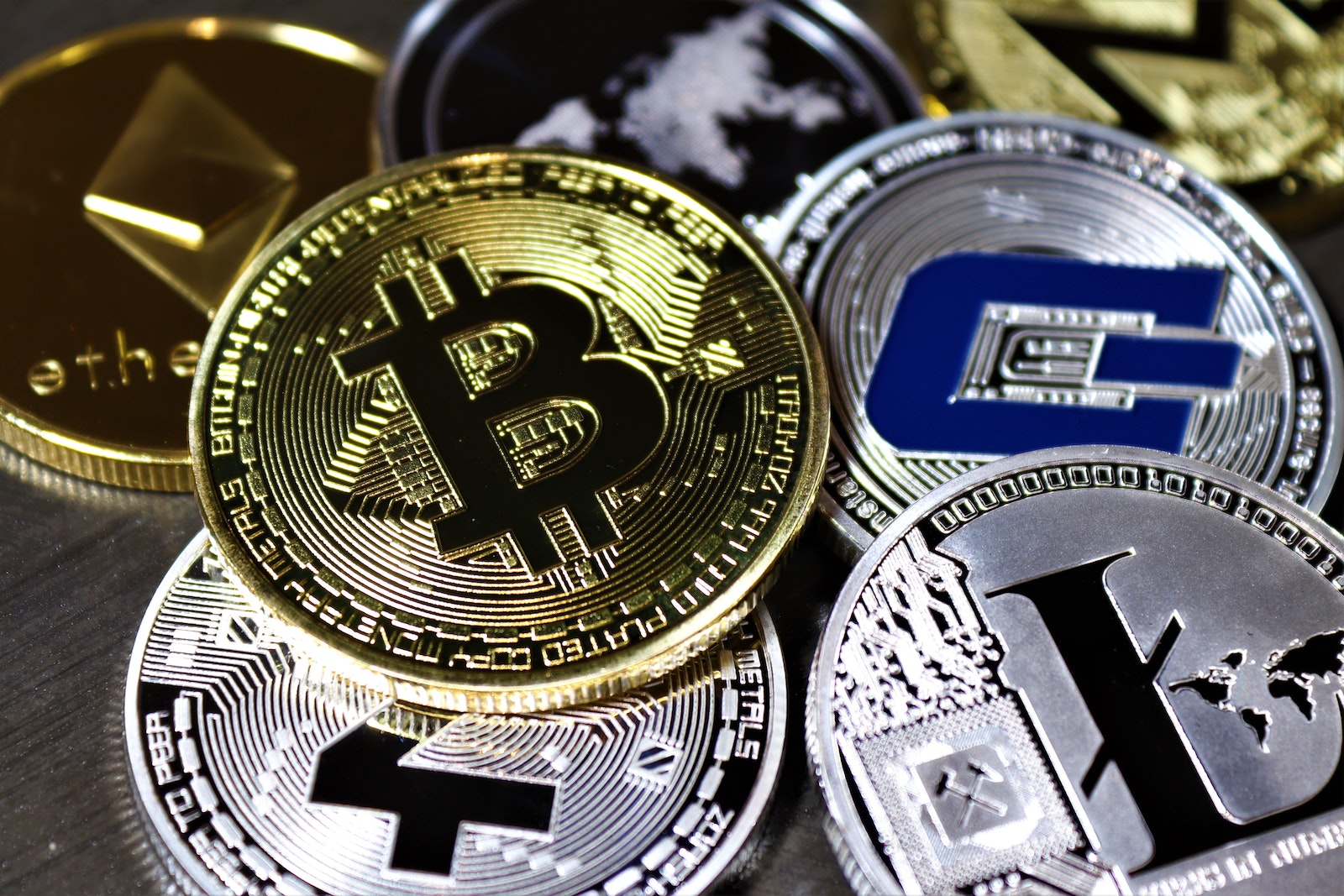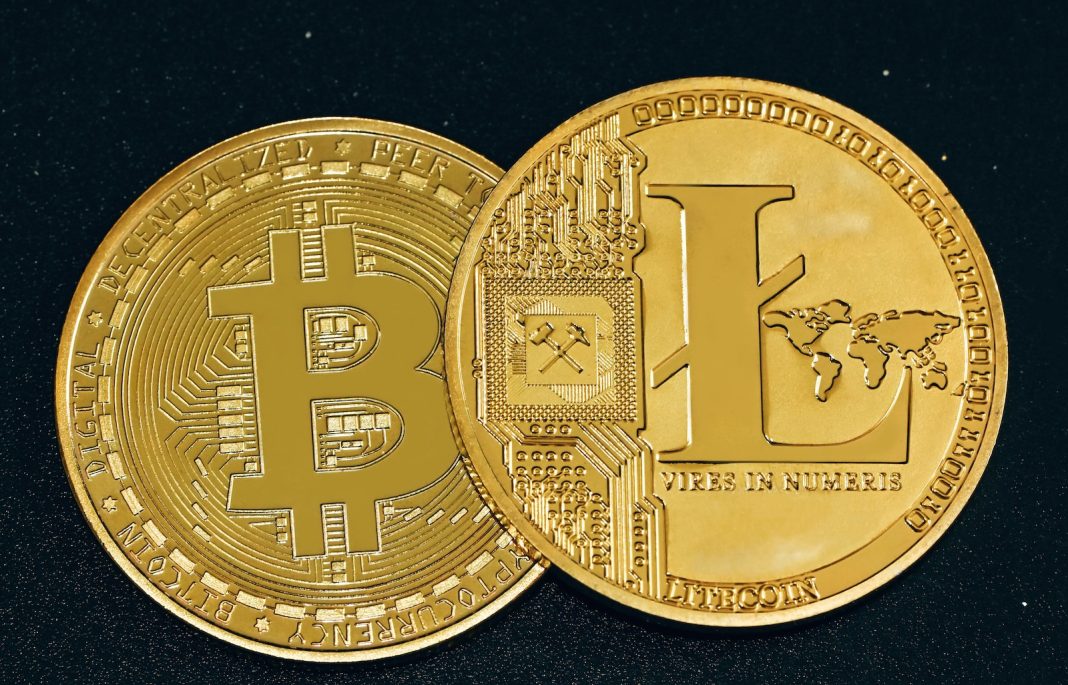In the realm of digital currencies, Bitcoin (BTC) and Litecoin (LTC) are two of the most recognized names. They both have their unique features and advantages, but one question that often arises among crypto enthusiasts is “Is LTC faster than BTC?” To answer this, we must delve into the mechanics of these cryptocurrencies, understanding how they function and comparing their transaction speeds.
Understanding Transaction Speeds
Transaction speed refers to the amount of time it takes for a transaction to be confirmed on the blockchain. This speed depends on several factors, including the network’s congestion and the cryptocurrency’s block generation time.
Bitcoin, the pioneer of cryptocurrencies, has a block generation time of approximately 10 minutes. On the other hand, Litecoin was designed to be ‘lighter’ and faster, boasting a block generation time of just 2.5 minutes. This means that, on average, Litecoin transactions get confirmed four times faster than Bitcoin transactions, making LTC technically faster than BTC.

Network Congestion and Scalability
Network congestion and scalability are also crucial factors affecting transaction speed. When many people are trying to make transactions at the same time, the network can become congested, slowing down transaction confirmation times.
Bitcoin’s popularity often leads to high network congestion, which can result in slower transaction times. Conversely, Litecoin’s network is usually less crowded, allowing for quicker transaction confirmations. However, it’s worth noting that as Litecoin gains more users, its network could potentially become as congested as Bitcoin’s.
Security Versus Speed
While Litecoin may offer faster transaction speeds, it’s essential to consider the trade-off between speed and security. Bitcoin’s longer block generation time provides a higher degree of security against double-spending attacks. In contrast, while Litecoin’s shorter block time allows for quicker transactions, it may be slightly more susceptible to such attacks. However, both cryptocurrencies have robust security measures in place and are considered secure for transactions.
Why is Litecoin faster than Bitcoin?
Litecoin is faster than Bitcoin because it has a shorter block generation time. While Bitcoin generates a new block every 10 minutes, Litecoin does so every 2.5 minutes, allowing for quicker transaction confirmations.

Does faster transaction speed mean better cryptocurrency?
Not necessarily. Faster transaction speeds can be beneficial for quick transfers and payments, but other factors like security, decentralization, and market acceptance also play significant roles in determining a cryptocurrency’s value.
Can Bitcoin become faster in the future?
Yes, with advancements in technology and the implementation of solutions like the Lightning Network, Bitcoin‘s transaction speed could potentially increase in the future.
Is Litecoin as secure as Bitcoin?
While Bitcoin’s longer block time provides slightly more security against double-spending attacks, both Bitcoin and Litecoin have strong security measures in place and are considered safe for transactions.
In the debate of “Is LTC faster than BTC?”, we can conclude that yes, Litecoin does offer faster transaction speeds due to its shorter block generation time. However, speed isn’t the only factor to consider when evaluating cryptocurrencies. Aspects such as security, scalability, market acceptance, and use case also play crucial roles. It’s important for potential investors or users to consider these factors and their specific needs before choosing a cryptocurrency.


